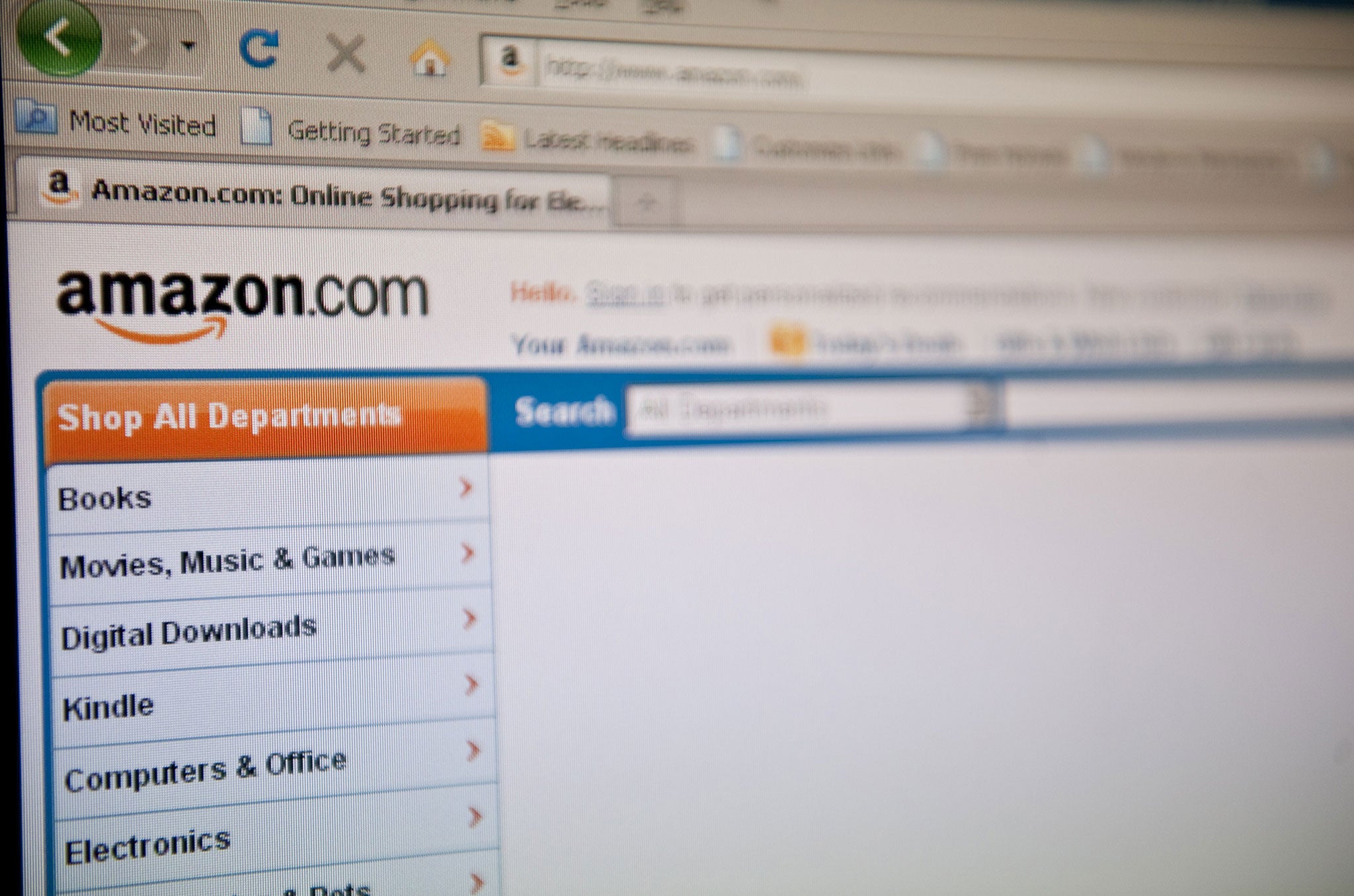Square eyes, warped souls: In every sense screens are playing a bigger part in British lives
No other country buys as much online, but does our digital dependency comes at the price of everyday fulfilment?

Your support helps us to tell the story
From reproductive rights to climate change to Big Tech, The Independent is on the ground when the story is developing. Whether it's investigating the financials of Elon Musk's pro-Trump PAC or producing our latest documentary, 'The A Word', which shines a light on the American women fighting for reproductive rights, we know how important it is to parse out the facts from the messaging.
At such a critical moment in US history, we need reporters on the ground. Your donation allows us to keep sending journalists to speak to both sides of the story.
The Independent is trusted by Americans across the entire political spectrum. And unlike many other quality news outlets, we choose not to lock Americans out of our reporting and analysis with paywalls. We believe quality journalism should be available to everyone, paid for by those who can afford it.
Your support makes all the difference.At last, somewhat late in the year, Britain has come out top in an international survey that is not about teenage pregnancy, obesity or the density of traffic. According to Ofcom’s latest International Communications Report, our country leads the world at using the latest technology in everyday life.
No other country buys so much online, the survey reveals. An average of £1,083 is spent per head on internet shopping in the UK, well ahead of the runner-up, Australia, which limps in at £842.
There are other triumphs. More British 18-24 year olds – almost two-thirds of them – use their mobile phones to access social network sites than their counterparts do in any other country. We are global champions when it comes to downloading data from the internet on to mobiles and tablets. We lead the world in the use of digital video recorders and watching TV online.
In every sense, screens are playing a bigger part in British lives. More than a third of TV sets sold in the first quarter of this year were classed as “super-large” or “jumbo-sized”, that is in excess of 33 inches. Ofcom finds all this terrifically cheering. “UK consumers are world leaders in using the latest TV technology,” its Head of Research has said. The country also “leads the world in using the internet on the move”.
There is, of course, another way of reading the figures. More than any other nation, the British are becoming habituated to living their lives – from shopping to relationships to entertainment – through the seductive medium of a screen. While it may bring convenience and a thin, chilly comfort-blanket of fake company, this over-dependency on the computer comes at a price in terms of everyday fulfilment. Indeed, it is no coincidence that, when international surveys of happiness are compiled, the UK tends to be at the other end of the charts.
It seems increasingly likely that the reason why we are such eager consumers of the new technology is that it plays neatly to our national weaknesses. We tend to be socially wary, closed to unexpected real-world meetings and conversations, rather too hooked on the world of work.
Smart phones, tablets and laptops solve all these problems with the tap of a finger. As a result of our lives becoming more computer-centric, the high streets are becoming empty, and shops, where people would meet and talk, close. In many lives, a cold, inward-looking version of human relationships replaces those that give real sustenance. The social influence and control of the smiling, corporate monsters of the internet increases day by day.
Our status as the most square-eyed nation on earth may make us more efficient as we scurry about, but now and then we might drag our eyes away from the screen long enough to see the less welcome changes that are being made to the way we live and behave.
Join our commenting forum
Join thought-provoking conversations, follow other Independent readers and see their replies
Comments